Un projet ITN porté par Abraham Chemtob Abraham.Chemtob@uha.fr, en collaboration avec Julien Poly Julien.Poly@uha.fr, vient d’être sélectionné. Il vise à développer une nouvelle génération de mécanismes de photopolymérisation. Plus de détails dans le résumé ci-dessous :
PHOTO-EMULSION : Towards Next generation Eco-efficient PHOTO and EMULSION Polymerisations
The polymer industry is going through one of the most signi cant periods of change in its history. Driven by new environmental regulations, the development of eco-e cient processes and zero-VOC products has become an absolute necessity. In this eld, 2 technologies stand out : Polymerisation in dispersed media and Photopolymerisation. To maintain EU leadership in this sector, PHOTO-EMULSION aims at training a next- generation of 8 Early-Stage Researchers (ESRs) who can push towards new eco-friendly polymerisation processes. Our primary strength is a demanding technical knowledge base bringing together, for the rst time, all disciplines related to these 2 strategic elds. Secondly, we will broaden traditional doctoral training by targeting transferable and specialized skills sought after by the employers, and learned through innovative methods : tandem ESRs, distance language learning, ESR as itinerant science educator, online courses, ESR-led subproject, highly interactive meetings, and industrial secondments. In research, we will develop a “hybrid” next-generation technology based on thiol-ene photopolymerisation in dispersed media. Advanced manufacturing based on photoreactor promises a wave of high sulfur content dispersed products ( lms, nanoparticles, porous networks). Their outstanding properties open the door to applications responding to current Industrial needs such as non-leaching materials, O2 barrier and biobased waterborne coatings, biologically-active particles, hybrid nanosensors and monolithic chromatography column.
PHOTO-EMULSION is a EU-funded « Innovative Training Network » (ITN) project of the H2020 programme.
, it involves a high-quality research network including 8 internationally reputed academic institutions, 4 leading companies and 2 non- pro t organisations. Balanced & EU-wide, its diversity expresses through the participation of 8 countries (Austria, France, Germany, Ireland, Poland, Slovenia, Sweden & Spain), 50 %
female scientists-in-charge, and structures supporting gender equality.
